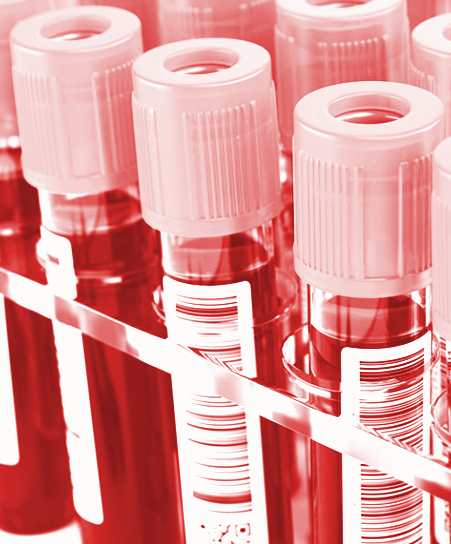HBV checks suggested
 Australian experts say all patients undergoing cancer treatment should be tested for hepatitis B virus (HBV).
Australian experts say all patients undergoing cancer treatment should be tested for hepatitis B virus (HBV).
A consensus statement published by the Medical Journal of Australia says HBV checks would minimise disruption to treatment and the risk of reactivating any HBV infection.
“Individuals with chronic HBV infection or past exposure to HBV infection have a substantial risk of reactivation during immunosuppressive cancer therapy,” wrote the authors, led by Dr Joseph Doyle, Senior Lecturer and Infectious Diseases Physician at the Department of Infectious Diseases, at The Alfred and Monash University.
“HBV reactivation can lead to liver failure, cancer treatment interruption or death.”
Until now, adherence to screening and treatment guidelines has been “inconsistent in practice”, according to Doyle and colleagues, and existing international guidelines have not been specific to the Australian context.
“We developed an Australian consensus statement with infectious diseases, hepatology, haematology and oncology specialists to inform hepatitis B screening and antiviral management for immunocompromised patients with haematological and solid organ malignancies in Australia,” they wrote.
The consensus statement makes recommendations in four key areas of HBV infection management for immunocompromised patients with haematological and solid organ malignancies:
- who to test for HBV infection
- when to start antiviral agents
- when to stop antiviral agents
- how to monitor patients during cancer therapy
The authors also advocated for broader Medicare Benefits Schedule (MBS) and Pharmaceutical Benefits Scheme (PBS) access to HBV testing and treatment for patients undergoing cancer therapy.
“The [PBS] should cover the prescription of entecavir or tenofovir for patients identified as at-risk of HBV reactivation during immunosuppressive cancer therapy,” they wrote.
“These drugs are both off patent and have cheap, generic options available.”








 Print
Print